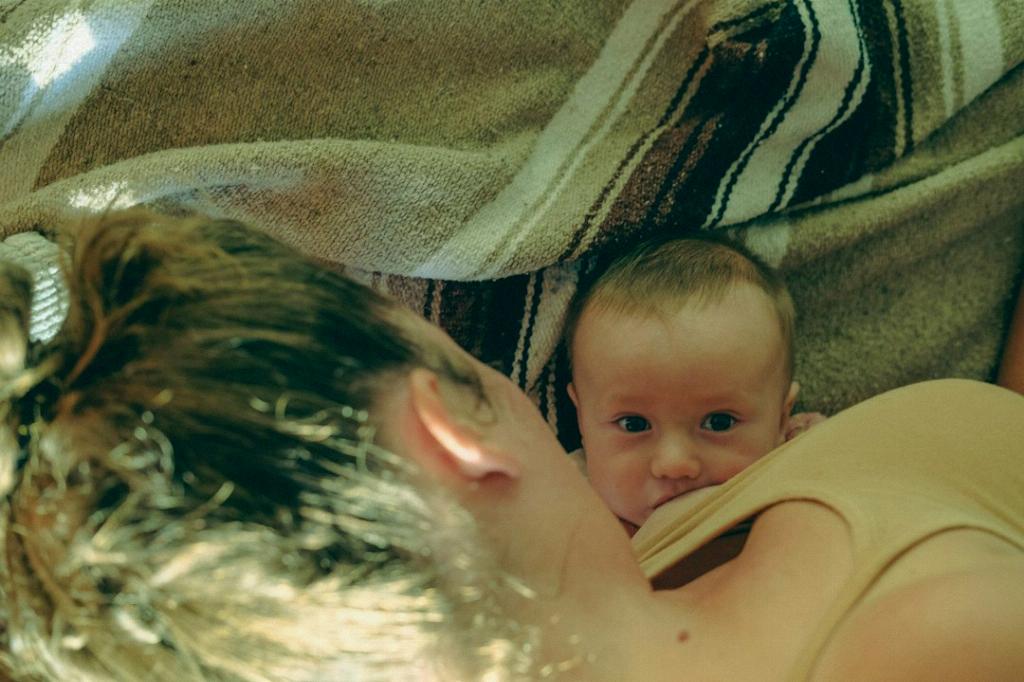When it comes to the topic of consuming soy sauce while breastfeeding, it’s essential to consider various factors to make an informed decision for both the mother and the baby.
The primary concern with soy sauce during breastfeeding lies in its potential soy content. Soy contains compounds called isoflavones, which are phytoestrogens that mimic estrogen in the body. Some studies suggest that high levels of soy consumption may have estrogenic effects, raising concerns about its impact on hormonal balance.
While soy sauce is typically consumed in small amounts and may not pose a significant risk, it’s essential to be mindful of the overall soy intake from various sources in the diet. Breastfeeding mothers should aim for a balanced and varied diet to ensure adequate nutrition for themselves and their infants.
It’s worth noting that soy sauce is also high in sodium, which can affect blood pressure levels. Excessive sodium intake is not recommended, especially for individuals with hypertension or those at risk of developing high blood pressure. Moderation is key when it comes to consuming soy sauce while breastfeeding.
Consulting with a healthcare provider or a lactation consultant can provide personalized guidance based on individual health status and dietary preferences. They can offer tailored recommendations on the consumption of soy sauce and other soy-based products during the breastfeeding period.
For some breastfeeding mothers and infants, soy allergies or sensitivities may be a concern. In such cases, avoiding soy products, including soy sauce, becomes necessary to prevent allergic reactions and ensure the well-being of both the mother and the baby.
When including soy sauce in the diet while breastfeeding, opting for low-sodium varieties or organic options can help reduce potential risks associated with high sodium or additives. Reading labels carefully and choosing high-quality products is essential for making mindful food choices.
It’s important to remember that dietary preferences and restrictions vary among individuals, and what works for one mother may not be suitable for another. Taking into account personal health considerations and cultural dietary habits can help in navigating food choices while breastfeeding.
While soy sauce can be a flavorful addition to meals, being aware of its potential effects on both maternal and infant health is crucial. Keeping an open line of communication with healthcare providers can offer reassurance and guidance on incorporating soy sauce into a balanced breastfeeding diet.
Ultimately, the decision to consume soy sauce while breastfeeding is a personal one that should be made based on individual health needs and preferences. Striking a balance between enjoying favorite foods and prioritizing the well-being of both the mother and the baby is key in making informed dietary choices during the breastfeeding journey.
In conclusion, while soy sauce in moderation may be acceptable for some breastfeeding mothers, it’s essential to consider the potential impacts on health and well-being. Seeking professional advice and staying mindful of overall dietary habits can help maintain a healthy and balanced approach to nutrition while breastfeeding.

